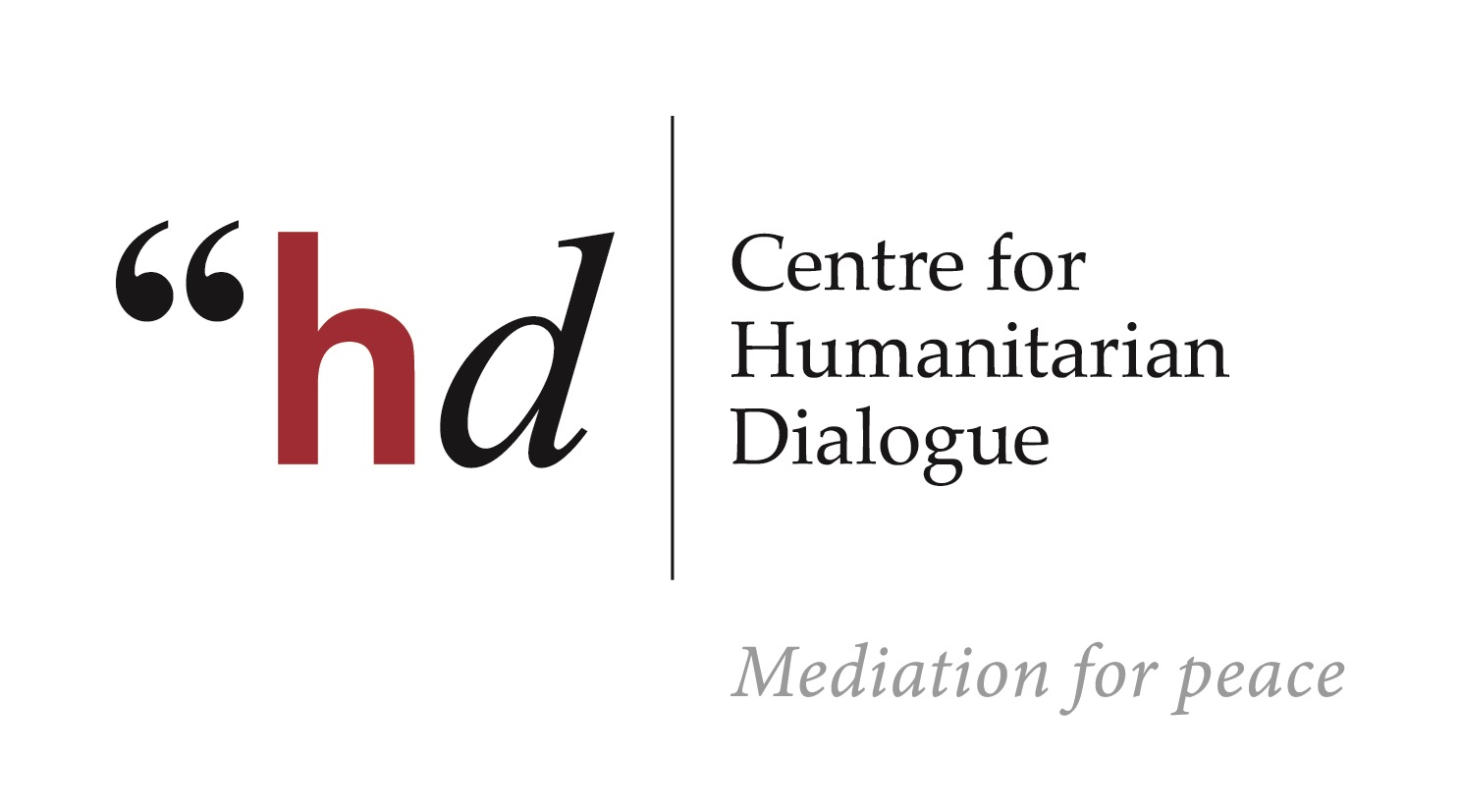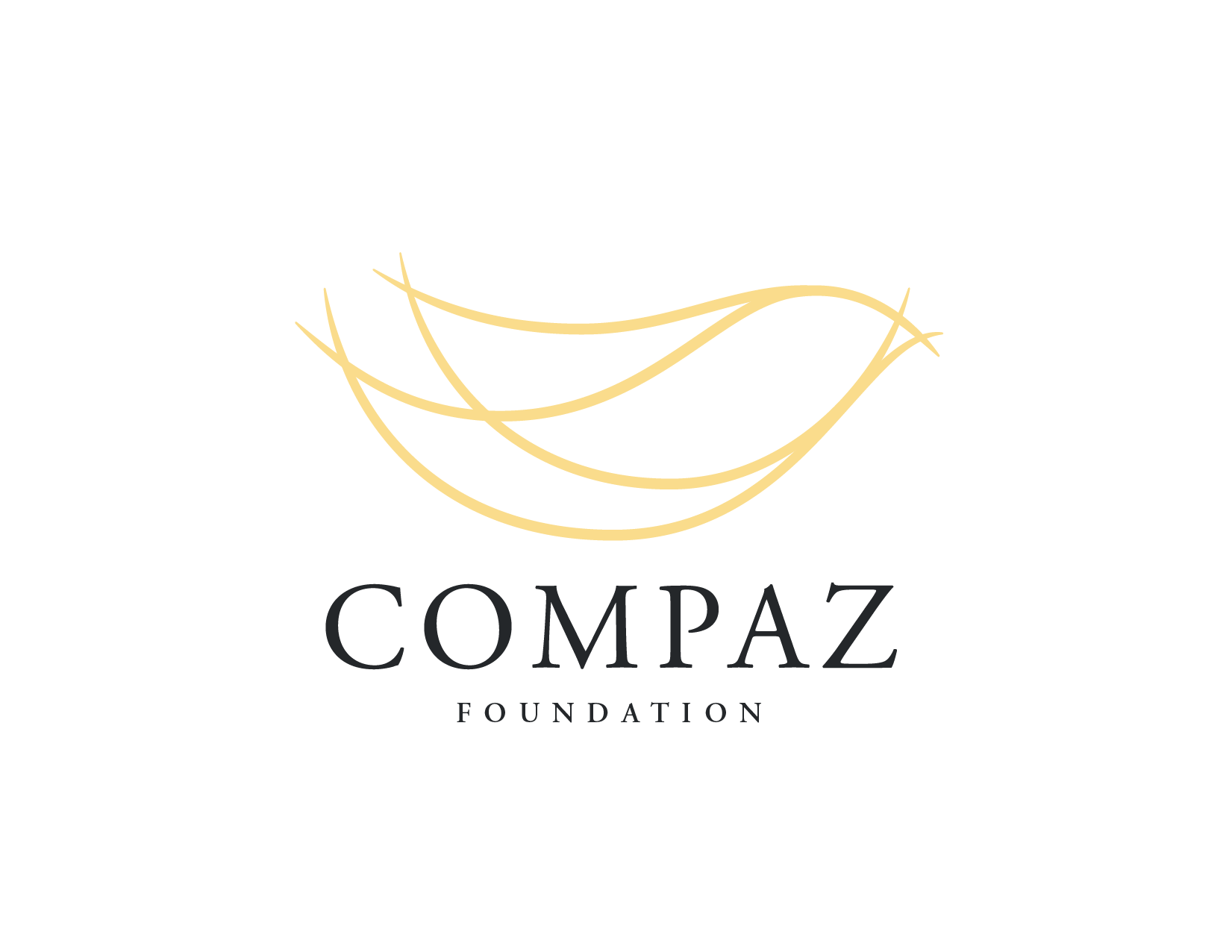Peacebuilding is a collaborative process where solutions are found in pooling resources, research and supporting peace practitioners around the world. At the Centre, we’re working with a range of organisations and networks to create lasting solutions to conflict
Projects:
Peace Process Open Library (Biblioteca Abierta del Proceso de Paz – BAPP)
The Peace Process Open Library (Biblioteca Abierta del Proceso de Paz – BAPP) is an initiative of the Fundación Compaz implemented in collaboration with Universidad de los Andes and the Cultural Office of the Central Bank of Colombia, that aims to contribute to a better understanding of the 2012-2016 peace talks between the Colombian Government and the FARC for both national and international audiences. The peace process has been one of the primary political events of the last few decades in Colombia and one of the most recent global benchmarks in terms of conflict resolution and peacebuilding. Beyond the current dynamics of the implementation process, one of the ongoing challenges has been to successfully manage the complete documentation of the talks and to accurately extract the lessons learnt, innovations and main decisions of this process.
The Peace Process Open Library (Biblioteca Abierta del Proceso de Paz – BAPP) aims to consolidate and serve as a digital historical archive of the talks process and create an initial group of content (audiovisual, infographics and other types) focussed on explaining the main milestones, subjects and characteristics of the peace negotiations in Colombia. The BAPP is intended to serve as an interactive reference for consultation on the peace process and the subjects related to it, both in terms of conflict resolution and the current public agenda at a national and international level.
Under a first phase of the BAPP initiative, GCP and Compaz Foundation are undertaking a set of activities and content development to enable a deeper understanding of the peace process and its different components, based on a pluralist approach built on the recognition of diversity and social appropriation.
Inter-ethnic Truth Commission for the Pacific Region: GCP contribution to the Commission’s Report
The Inter-ethnic Truth Commission for the Pacific Region is working with researchers to document violations of human rights and the rights of Indigenous and Afro-Colombians, their communities, their traditions and their beliefs. The project is being carried out in ten sub-regions, in five departments, comprising: Bajo Atrato and Darién, Alto and Medio Atrato, Chocó Pacific Coast, Baudó, San Juan, Buenaventura, Caucana Pacific Coast and Nariñense Pacific Coast. For each sub-region researchers are identifying the impact caused by the presence of illegal armed actors (guerrillas, paramilitaries and post-demobilization groups), neo-paramilitary groups, drug trafficking, infrastructure megaprojects (roads, ports), oil and gas industries, monocultures, large-scale mining projects, illicit crops cultivation, etc.
GCP is reviewing the methodological approach, which includes archival consultations; review of local, regional and national press; review of databases of public institutions and NGOs; human rights reports; etc. combined with qualitative research to allow for the identification and interpretation of the different narratives and testimonies, through collection of life stories, focus groups and interviews. In late 2021, findings and learnings from the project will be documented and shared in Colombia, Canada and in international fora.
Supporting the Implementation of the Ethnic Chapter of the Colombian Peace Accords
(Partner: Global Network – Ethnic People and Peace)
In 2020, GCP joined an international collaborative network to support the implementation of the Ethnic Chapter of the Colombian Peace Accords. The project brings together participants from 30 institutions, including twelve universities, three research institutes and twelve Indigenous and Afro-descendant grassroots organizations, members of the national Ethnic Commission for Peace and Defense of Territorial Rights, the National Afro-Colombian Peace Council (CONPA), as well as Commissioners and members of the Colombian Commission for Clarification of Truth, Coexistence, and Non-Repetition. GCP is supporting the international advocacy and transitional justice working groups.
Partnerships:
Compaz Foundation (Fundación Compaz)
Founded by Juan Manuel Santos, former President of Colombia and Nobel Peace Prize laureate, Fundación Compaz contributes to the construction of a stable and lasting peace, through the strengthening of leaders in the territories most affected by conflict, giving them the appropriate tools and skills to rebuild the social fabric. The Foundation promotes the consolidation of peace both at national and international levels, supporting sustainable and inclusive development.
Centre for Humanitarian Dialogue (HD)
The Centre for Humanitarian Dialogue (HD) mediates between governments, non-state armed groups and opposition parties to reduce conflict, limit the human suffering caused by war and develop opportunities for peaceful settlements. Since 1999, HD has facilitated scores of peace and conflict management agreements by working discreetly beyond the frontiers of traditional diplomacy, engaging parties that can be hard to reach and addressing sensitive issues. As a non-profit based in Switzerland, HD helps to build the path to stability and development for people, communities and countries through more than 50 peacemaking projects around the world.


